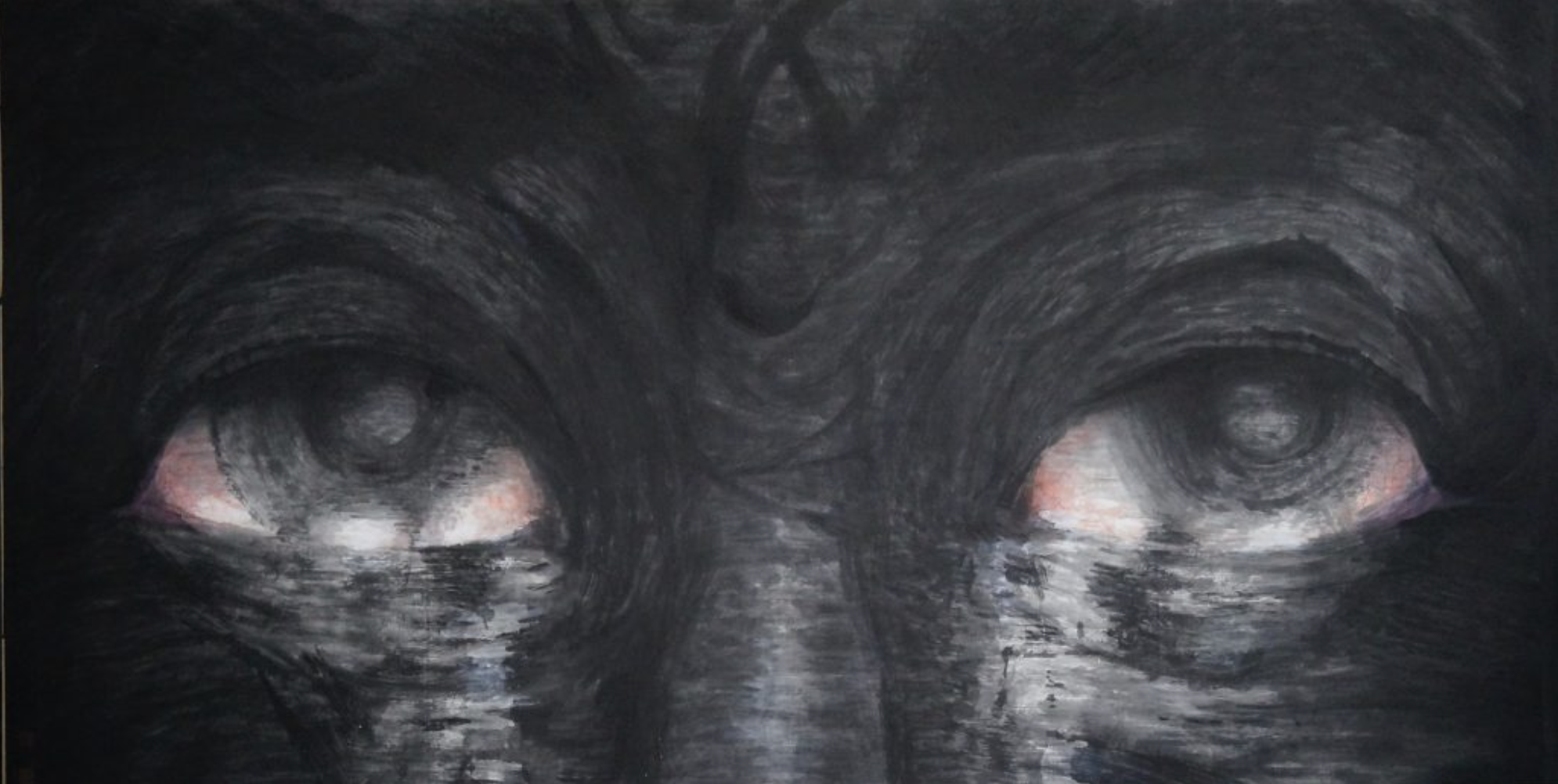
CONTEMPORARY BY ANGELA LI presents the solo Exhibition of three times Hong Kong Contemporary Art Biennale Award winner Wong Hau Kwei. Wong learned traditional Chinese ink painting from the Chinese master Huang Zhou and developed his own style over the years. His works look into social phenomena around the world and reflect on incidents that move him.
“Talking about achievement of local ink art, Wong Hau-kwei has no doubt played an important part. At a time when ink art is so hot as to become overheated, Wong’s creative efforts should be very illuminating to our up-and-coming ink artists.” said Prof. Mok Kar-leung, Harold, Chairman, Department of Fine Arts, The Chinese University of Hong Kong.
Wong came from a prestigious family background. His father Huang Mohan was named one of the 200 Historically Most Significant People of Chongqing. His father graduated from the law department of Waseda University in Japan and became one of the first lawyers in China. He was also a famous stone inscription collector and enjoyed practicing calligraphy.
Wong received the Hong Kong Contemporary Art Biennale Award (formerly called the Hong Kong Contemporary Art Biennial Award and the Hong Kong Art Biennial Exhibition Prize) in 2001, 2009 and 2012, as well as the Merit Awards in the 9th and 10th National Exhibition of Arts in China. Many of his works are in public collections, including The National Art Museum of China and the Hong Kong Museum of Art.
On show in the exhibition will be many works previously unseen, including paintings expressing the artist’s views on certain political and social issues. For example, Victoria Park in June is a subject he has to paint every year; Survivor and Afghanistan, portraits of victims of mining accidents in China and those of wars in the heart of Asia, are equally fixating with the subjects gazing out from their miseries and misfortunes. There are also more light-hearted works, such as Fear Neither Bitterness Nor Spiciness一不怕苦二不怕辣which is actually a ridicule of Chairman Mao’s saying of “Fear neither hardship (a homophone of “bitterness” in Chinese) nor death (一不怕苦,二不怕死)” from Quotations From Chairman Mao Tse-Tung, virtually the only safe book to read during the Cultural Revolution. Similar play on words has given rise to Trilogy of Spiciness不怕辣辣不怕怕不辣. The Chinese title is in fact derived from a popular saying describing the spicy cuisine of three Chinese provinces: “Jiangxi people mind not spiciness; Hunan people do not mind spiciness; Sichuan people mind the absence of spiciness. (江西人不怕辣,湖南人辣不怕,四川人怕不辣)” The humour behind will certainly not be missed by any Chinese viewer.